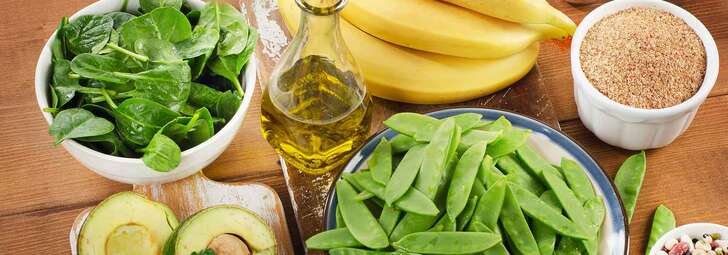Did you know vitamin K has the nickname – “the blood clotting vitamin?” Well, now that you do, you should also know that it earned that nickname owing to the important role it plays in healing wounds through blood clotting. What’s more, the element is also quite critical to enhanced bone health. The body needs it in small quantities, but constantly.

Digging into Vitamin K’s role for the human body
Vitamin K contributes to the production of four of the thirteen proteins needed for blood clotting when injuries occur, especially in blood vessels. As such, naturally, a deficit of the vitamin leads to excessive bleeding and rapid bruising.
About 30% of the elderly suffer from some degree of impaired mobility (the ability to move independently from one place to another). This can range from leaving the bed to walk and climb stairs.
In a 2018 study of nearly 1,300 men and women aged between 70 and 80 years, scientists examined if there was a relationship between vitamin K levels in the body and movement disability. A surprising positive relationship was discovered! As a result, it was concluded that people with the deficiency had twice the chance of developing a movement disability than others.
Read – Vitamin C supplements & more to boost your immunity

Vitamin K and D make for a super-dose for the elderly
Vitamins K and D work together for maintaining bone health and integrity, where the former increases bone mineral density and reduces the risk of fracture – the most common cause of movement disability (especially in the case of hip fractures).
Vitamin K also works with vitamin D to ensure that calcium finds its way to the bones and can effectively contribute to making them strong and healthy. Otherwise, the elderly are most likely to develop osteoporosis along with its unpleasant consequences.
How much vitamin k do you need a day?
It actually varies with age, gender, weight, and health status. In general, adults need approximately 70 to 120 micrograms daily, or 1 microgram per kilogram of body weight, per day (meaning if you weigh 80 kg, your approximate need 80 micrograms of the vitamin in a day).
Read – Vitamin D Levels in the Blood Can Predict Future Health Risks and Death
Where can I get vitamin K from?
Intestine
The bacteria in the digestive system naturally create vitamin K (type K2). That’s why you must take good care of your intestine, and ensure the presence of a sufficient amount of probiotics in food.
Green leafy vegetables
Vitamin K1 is found abundantly in leafy greens such as cabbage, spinach, turnip leaves, cauliflower, broccoli, asparagus, lettuce, mustard leaves, and parsley.

Wrapping It Up
The criticality of vitamin K isn’t restricted to the elderly; it’s irreplaceable for all ages. In addition to the above-mentioned benefits, the element is also essential for treating serious diseases such as prostate cancer and Alzheimer’s, although the effect of the vitamin in their treatment is still being studied.
